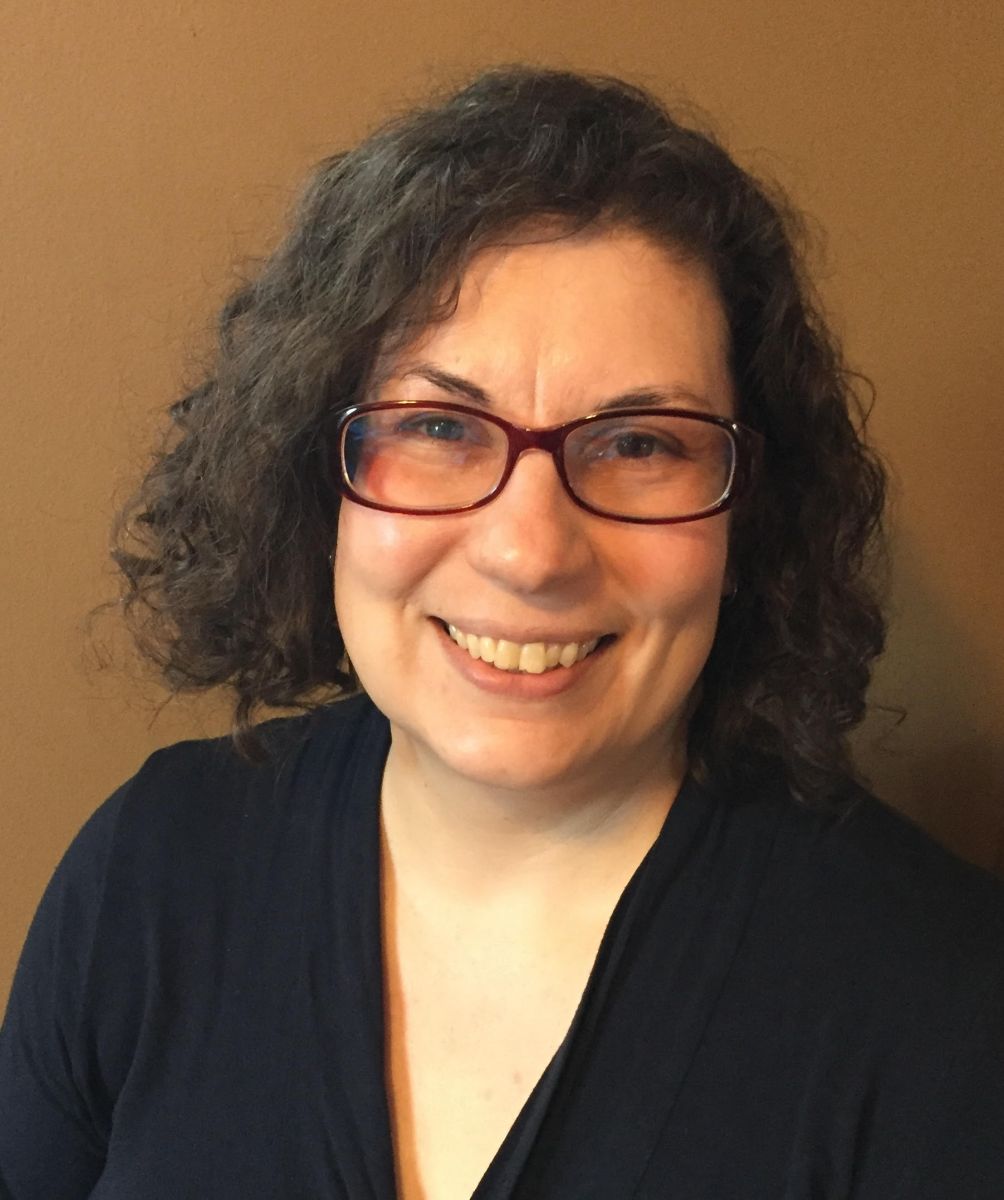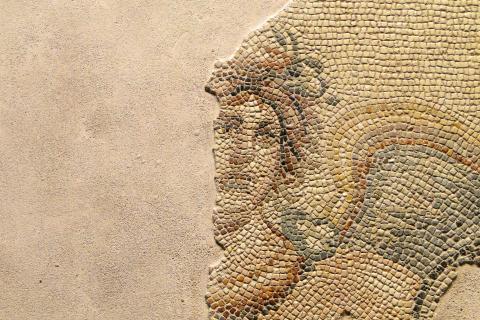Chiara Sulprizio
December 31, 2019
That contingent faculty members make up a significant portion of those teaching on college campuses today is a well-known fact. This fact also holds true in our own fields of study (e.g. Classics, Ancient History, Archaeology and Art History), and over the years much attention has (rightfully) been paid to the many challenges and problems that stem from this reliance on contingent labor. At the same time, and despite these challenges and problems, contingent faculty members have been making important contributions to our fields in the areas of service, teaching, outreach and research, and these contributions have only grown in their significance as the number of scholars working in these positions has grown. As members of the Committee on Contingent Faculty, we believe it is time to acknowledge these contributions and celebrate the accomplishments of faculty who are working off the tenure track in our related fields. While we continue to search for solutions to the problems of contingency and advocate for those in precarious positions, we think it is equally important to bring visibility to some of these exceptional members of our scholarly community. To that end we seek to publish a series of individual profiles/interviews on the SCS blog over the course of the next year featuring some of our NTT colleagues at various stages in their careers, who are making a difference and making their mark in our discipline.

Image used by permission of Dr. Kopestonsky.
Dr. Theodora Kopestonsky is a Senior Lecturer in the Department of Classics at the University of Tennessee, Knoxville, where she has taught since 2011 and where she won a Lecturer Excellence in Teaching award in 2015. She has also taught at Columbus State Community College, Denison University, Buffalo State College, and at the State University of New York at Buffalo, where she received her Ph.D. in 2009. Her research focuses on Greek daily life, especially ritual practice, water cult, terracotta figurines, and other small finds. She has extensive experience working on archaeological sites including those at Corinth, Poggio-Civitate (Murlo), and Kastro Kallithea in Thessaly, and she has won several fellowship grants for her work from the American School of Classical Studies at Athens, where she currently serves as a member of the Alumni Association Council. She has published on the cult of the nymphs at Corinth, ephemeral offerings, and the small finds from the Sacred Spring in both edited collections and journals such as the Journal of Greek Archaeology and Hesperia. She is currently completing her manuscript, The Kokkinovrysi Shrine at Corinth: The Site, Finds, & Use, for which she won a Kress Publication Fellowship in 2017.
Are there unique strengths or perspectives that you feel you have acquired working in a contingent position? What are they?
I have learned to be more patient and to persevere when I think I have a good idea. Experience has built my confidence and I trust myself to try out new ideas or activities, even if they bomb miserably. I recover from failure and rejection a lot faster than when I was younger.
I also have to be self-motivated since my position is completely based on my teaching, so I work at my own pace, slowly building my research. This has led me to reframe my view of research and publication by seeing the trajectory in terms of steps (or articles) which I feasibly can accomplish during my free time. While it may take me a bit longer, I can deliberate on and develop my ideas without rushing. I also really value research opportunities when they are presented.
What do you see as the biggest challenge of working in a contingent position?
Uncertainty. The biggest challenge is managing the anxiety and fear that comes with not knowing if your position will be available the next year and then preparing for the worst-case scenario, which means applying for jobs endlessly and fearing that you might lose your health insurance. Thankfully, while I now have a permanent position which offers me a three-year renewable contract, in the first few years after finishing my degree, I was constantly worried about being renewed (at a community college as an adjunct and then later as a lecturer at a state university). Beyond the concerns about having a future in the field, practically, I had to consider my financial situation. Contingent faculty are paid less and, like many of us, I also carry the burden of student loans alongside my regular living expenses. All of this can, at times, feel overwhelming and that is not a good place to be when trying to get things done.
What accomplishments are you proudest of and how has your status as a contingent faculty member influenced your ability to achieve those accomplishments (for better or worse)?
Without the tenure clock ticking, I have been able to research and present on a more diverse selection of topics, notably in pedagogy, than I probably would have been able to do otherwise. Technically, I am trained as a Greek archaeologist, but I teach (and research) in a far broader interdisciplinary range, addressing material culture, history, and language.
I am particularly proud of the CAMWS (Classical Association of the Middle, West, and South) panel which I co-organized about using pop music to teach Latin poetry. Most of the papers from that panel are about to be published (if they have not been already) and I think many of us might not have taken the chance to work on this topic if we had not been contingent faculty.
What advice or insight would you want to share with other people in contingent positions in our field?
Universities are beginning to consider the needs of contingent faculty as full-fledged members of the academic community, but there is still a lot to be done. We can still do research and teach while also living a full life. Organizations in the field are opening up grants and scholarships for those of us who are not tenured or on the tenure track. Also, consider opportunities and avenues outside of the traditional academia—online publications, blogs, etc.—for presenting your ideas. I think the most important thing is to realize that your value is not based on a job title or position. Success can be measured in many different ways. There is a community of lecturers who support you, who can talk to you about their experiences and offer advice. You are not alone; in fact, we are the new normal.
Do you have any suggestions for how non-contingent colleagues can better support contingent faculty?
Talk to your contingent faculty and ask what they need. Please open up the funding opportunities to those in non-tenure positions. We are asked to do very similar work and have comparable job responsibility, yet we are offered a fraction of the pay and are often prevented from applying for funding. Help offset costs of research and hold positions for contingent faculty if they receive a grant so that they can have reassurance that they will have a job the next year. I have benefitted from my department doing this, which has shown that they value me and my contributions.
(Header image: Detail of Mosaic of Seasons - Showing Eros Figure - 2-3 Century - Zeugma Mosaic Museum - Gaziantep - Turkey, image via Wikimedia, CC BY-SA 2.0.)
Authors


